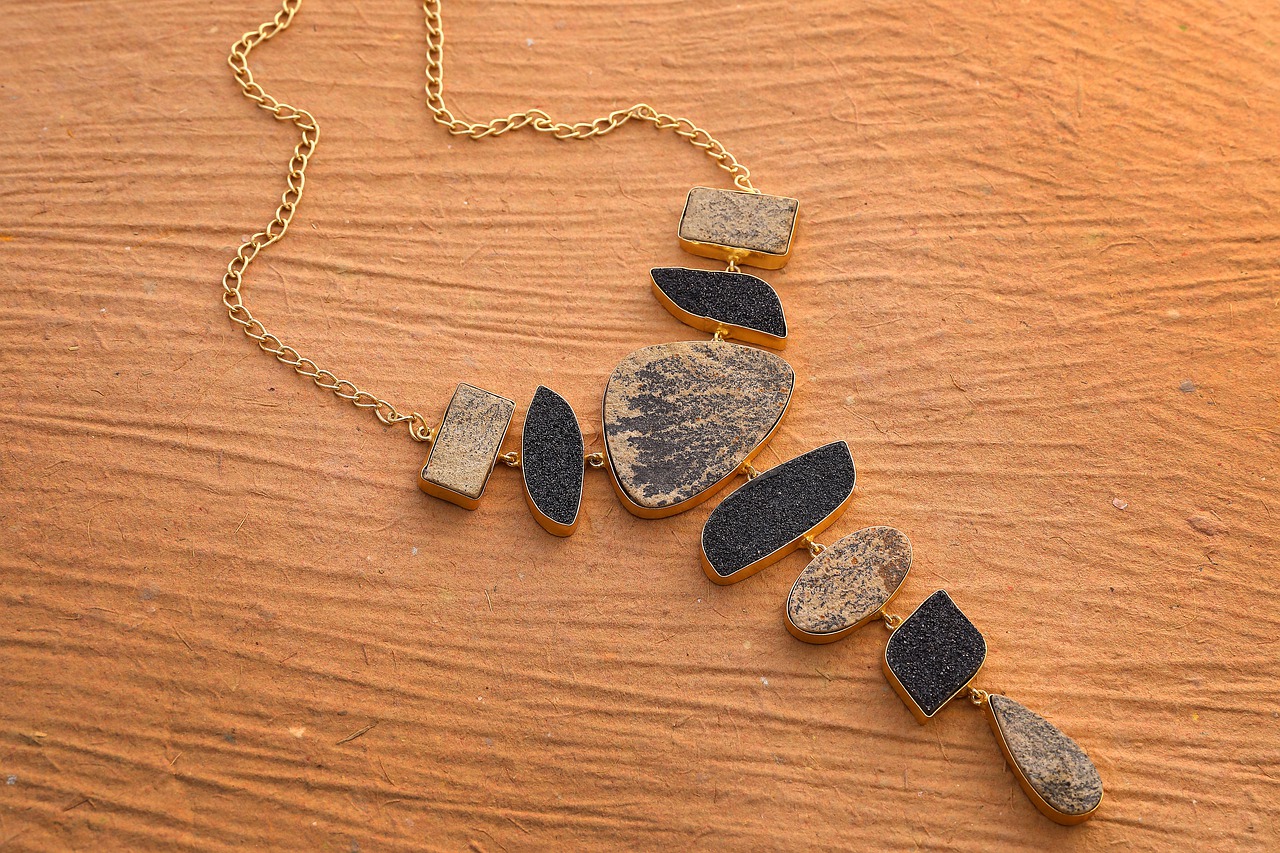The Rise of Sustainable Fashion in Boutique Industry: Betbhai9.com whatsapp number, Playexch app, Lotus 365 login
betbhai9.com whatsapp number, playexch app, lotus 365 login: The Rise of Sustainable Fashion in Boutique Industry
In recent years, the fashion industry has been under scrutiny for its environmental impact and unsustainable practices. As consumers become more conscious of the effects of fast fashion on the planet, a shift towards sustainable fashion has been gaining momentum. This movement has been particularly evident in boutique fashion, where smaller brands are leading the way in creating environmentally friendly and ethically produced clothing.
Why Sustainable Fashion Matters
Sustainable fashion is not just a trend – it is a necessary response to the harmful practices of the traditional fashion industry. The textile industry is one of the most polluting industries in the world, contributing to water pollution, deforestation, and greenhouse gas emissions. Fast fashion brands produce clothing in high volumes at a rapid pace, leading to excessive waste and exploitation of workers in developing countries.
On the other hand, sustainable fashion focuses on creating clothing that is made with environmentally friendly materials, produced ethically, and designed to last. This approach minimizes the impact on the environment and promotes fair labor practices. By supporting sustainable fashion brands, consumers can make a positive difference in the industry and contribute to a more sustainable future.
The Role of Boutiques in Promoting Sustainable Fashion
Boutique fashion brands are uniquely positioned to lead the way in sustainable fashion. Unlike fast fashion giants, boutique brands often have more control over their supply chains and production processes. This allows them to make conscious decisions about the materials they use, the factories they partner with, and the impact of their designs.
Many boutique brands are choosing to work with eco-friendly materials such as organic cotton, hemp, and recycled fabrics. These materials require less water and energy to produce, reducing the carbon footprint of the clothing. Additionally, boutique brands are investing in local and small-scale production, supporting artisans and craftsmen in their communities.
Furthermore, boutique brands are focusing on creating timeless designs that are meant to last beyond a single season. By designing clothing that is timeless and versatile, boutique brands are encouraging consumers to buy less and invest in quality pieces that will stand the test of time. This shift away from disposable fashion promotes a more sustainable approach to clothing consumption.
The Influence of Sustainable Fashion in the Industry
The rise of sustainable fashion in the boutique industry has not gone unnoticed. As consumers become more aware of the environmental and social impact of their clothing choices, they are turning to boutique brands that prioritize sustainability. This shift in consumer behavior has forced larger fashion brands to take notice and reevaluate their practices.
Many mainstream fashion brands are now incorporating sustainable practices into their collections, such as using recycled materials and reducing waste in their production processes. Some brands are even launching dedicated sustainable lines in response to consumer demand for eco-friendly fashion options. This shows the power of consumer demand in driving positive change in the industry.
Moreover, the rise of sustainable fashion has also inspired collaborations between boutique brands and larger retailers. By partnering with boutique brands that prioritize sustainability, larger retailers can tap into the growing market for eco-friendly fashion and attract environmentally conscious consumers. This collaboration benefits both parties and promotes the adoption of sustainable practices throughout the industry.
The Future of Sustainable Fashion in Boutiques
The future of sustainable fashion in the boutique industry looks bright. As more consumers prioritize sustainability in their purchasing decisions, boutique brands will continue to grow in popularity. The demand for eco-friendly and ethically produced clothing is only expected to increase, leading to a shift towards more sustainable practices across the industry.
Boutique brands have the opportunity to lead the way in sustainable fashion, setting an example for larger brands and inspiring positive change in the industry. By prioritizing eco-friendly materials, ethical production, and timeless designs, boutique brands can create clothing that not only looks good but also does good for the planet and its people.
In conclusion, the rise of sustainable fashion in the boutique industry marks a positive step towards a more sustainable and ethical fashion industry. By supporting boutique brands that prioritize sustainability, consumers can make a difference in the way clothing is produced and consumed. Together, we can create a more sustainable future for fashion and make a positive impact on the planet.
FAQs
1. What is sustainable fashion?
Sustainable fashion refers to clothing that is made with environmentally friendly materials, produced ethically, and designed to last. It aims to minimize the impact on the environment and promote fair labor practices.
2. Why is sustainable fashion important?
Sustainable fashion is important because the traditional fashion industry is one of the most polluting industries in the world. By supporting sustainable fashion, consumers can make a positive impact on the environment and promote ethical practices in the industry.
3. How can I support sustainable fashion?
You can support sustainable fashion by choosing to buy clothing from brands that prioritize sustainability, such as boutique brands that use eco-friendly materials and ethical production practices. Additionally, you can reduce waste by buying fewer but higher quality pieces that are designed to last.







